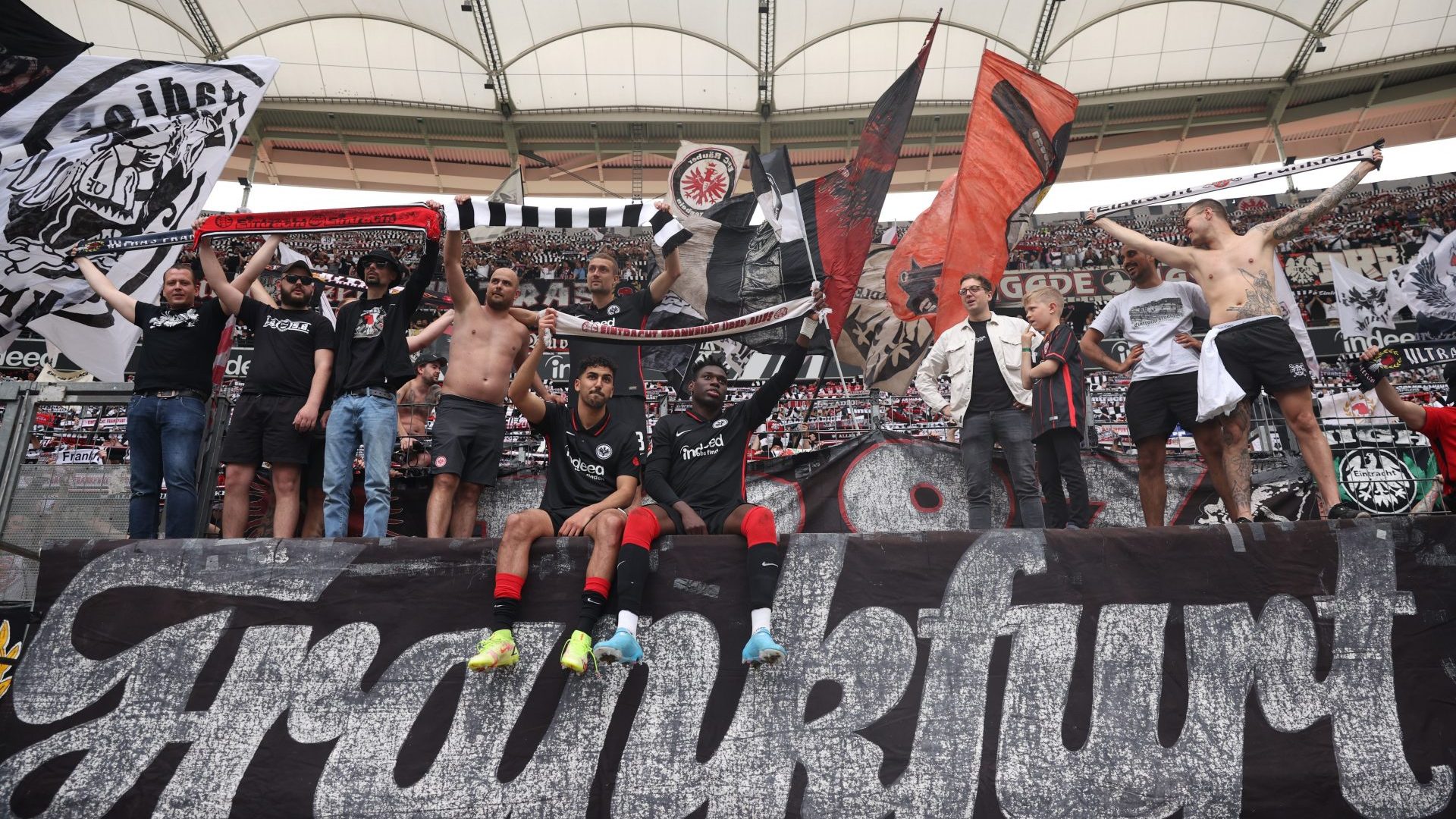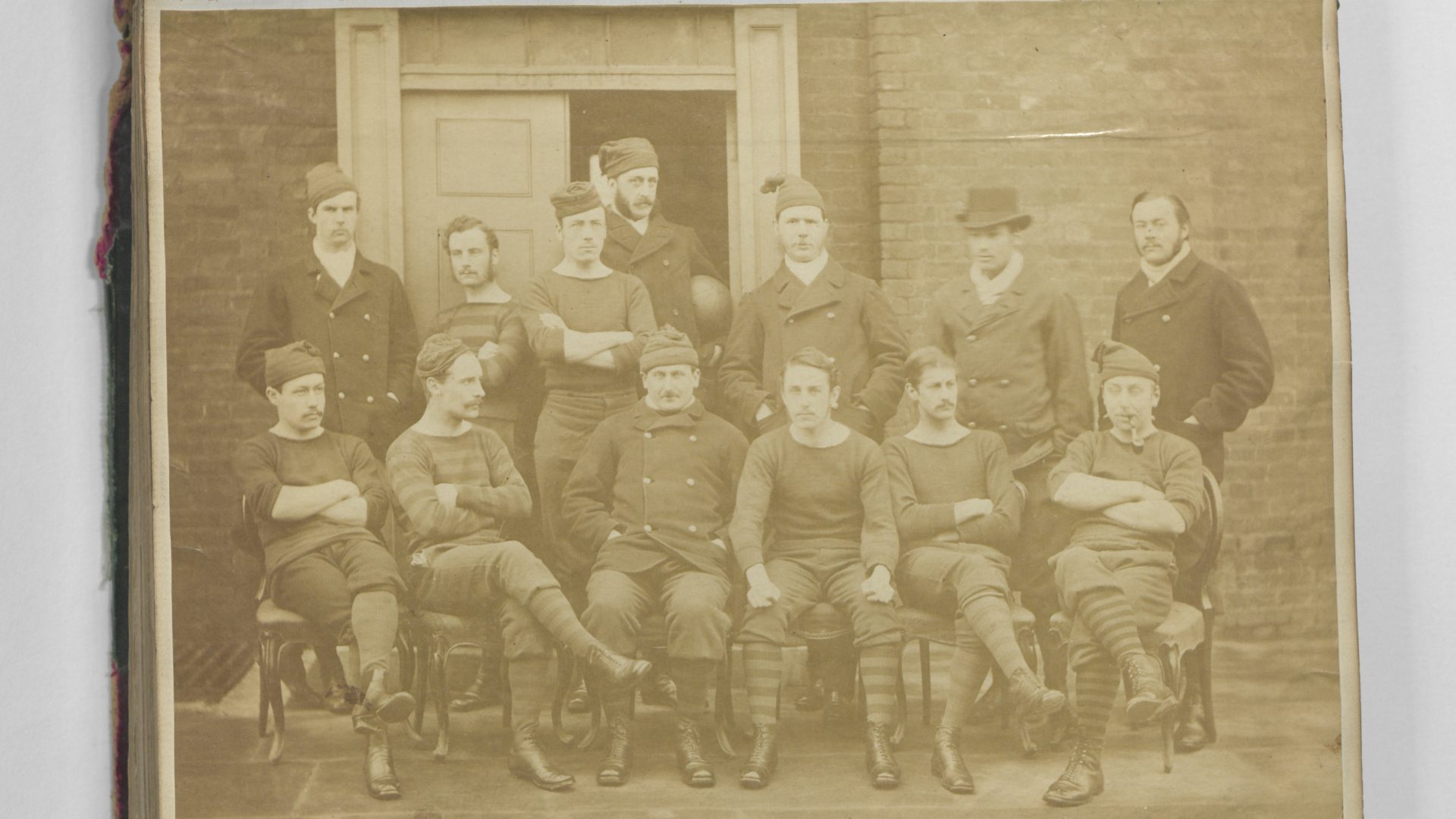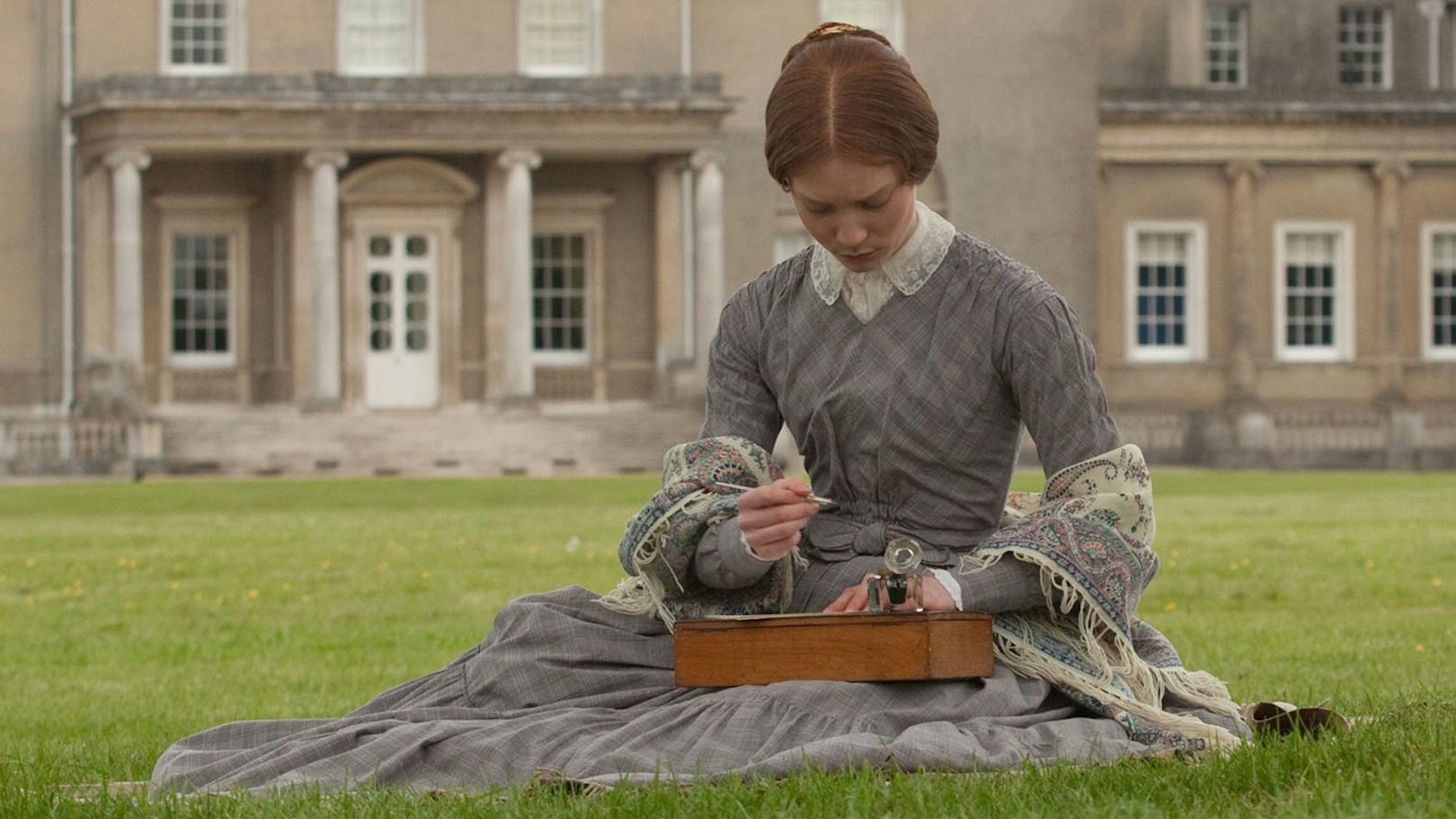The Europa League might be small cerveza to the high and mighty clubs still plotting to turn the Champions League into a closed elite, but to Glasgow Rangers and Eintracht Frankfurt next Wednesday’s Europa final in Seville represents the night of a lifetime.
Rangers FC were forged in Govan 150 years ago. Eintracht, a comparatively short 123 years ago. These are huge old clubs, with global fan bases. And we have seen this season that there are few home stadiums more formidable than Rangers’ Ibrox Park on the Clyde or Frankfurt’s Waldstadion (nowadays
rebranded Deutsche Bank Park).
It is said that 100,000 ’Gers supporters will make their way by land, sea and air to Seville for the final. And over 30,000 Eintracht followers went to Barcelona with or without tickets for the quarter-final victory at Camp Nou.
The attraction isn’t just sun and sangria in Sevilla. It is the parched history of two clubs who between them could not afford any of the glitterati players who fill the shirts of Real Madrid, or the Manchester clubs or Bayern Munich or Chelsea.
Yes, Eintracht Frankfurt’s name resonates with the most memorable European Cup final of them all. The Eagles were on the wrong end of a 7-3
show of power from Real Madrid in front of 127,000 fans at Hampden Park
in Glasgow in 1960. Even then Madrid was a magnet to the stars; the Hungarian Ferenc Puskás scored four times and the Argentine, Alfredo Di
Stéfano, three. So it was always about money and privilege.
And when you are Eintracht and Rangers, when your clubs have flirted with insolvency and hardship, and when you are emerging from dire financial constraints, your diehard fans will find the means to be there, inside or outside the stadium, when you compete for a prize that you may never contest again.
Each club is allocated 9,500 tickets at Estadio Ramón Sánchez Pizjuán, the home of Sevilla Fútbol Club in the heart of Andalusia. Some of those are “free” tickets handed out by Uefa to thank fans for sticking with football through the Covid pandemic. And many of the seats are described as “restricted view”, though this time there will be no corporate hospitality handouts.
However, the cost of getting there is challenging to say the least. Scots and Germans are having to pay up to 1,500 euros for a black-market match ticket. Fans are asked the same for “cheap” flights. And nearly the same again for
two nights’ bed and breakfast.
We can only imagine the price of a pint under the searing midday sun, or the cost of policing not just Seville heaving with the ticketless but maintaining order in fan parks and pubs in Glasgow and Frankfurt.
The night will be long, the hope high, and the almost military deployment of law enforcers will be another huge expense in these constrained financial times. And all for what? A game that might mean little to fans of the super-rich but will mean everything to the clubs who are locked out of football’s golden circle.
Eintracht’s one great European triumph was winning the 1980 Uefa Cup over two games against German rivals Borussia Mönchengladbach. Rangers have shared a monopoly of Scottish football with Celtic, and have fielded some great players – John Greig, Brian Laudrup, Paul Gascoigne, Jim Baxter, Ally McCoist. But, again, their mark on Europe amounts to one trophy, the 1972 Cup Winners’ Cup.
Frankfurt are frugally managed and mid-table in the Bundesliga. Rangers were declared insolvent a decade ago, yet have recovered to eliminate higher-ranked German clubs, Borussia Dortmund and RB Leipzig, in this
campaign.
One of Frankfurt’s nicknames, “Schlappe Kicker” refers to slippers or shoes because an early benefactor was a local shoemaker. Christian Nerlinger, who once played for Rangers, and also for Bayern, has warned: “The Slipper Kickers wear different shoes in Europe”, meaning they are a transformed team in the Europa League. Their Austrian coach Oliver Glasner rests key players from league encounters to prepare for one night in Seville. Their captain Sebastian Rode promises “we go full throttle for 10 days, then we celebrate.”
The German goalkeeper Kevin Trapp is 31. His Scottish rival Allan McGregor
turned 40 in January. And while Frankfurt expects to make a fortune selling the big (1.92m, 6ft 4in) French central defender Evan Ndicka this summer, Rangers’ most reliable defender is also their matchwinner extraordinaire.
Bradford-born James Tavernier was signed from Wigan Athletic for £300,000 in 2015. His temperament makes him club captain and penalty-taker – and Tavernier has scored the first goal in five of the last seven games in this European journey, to eliminate Bondby, Dortmund, Red Star Belgrade, Braga and Leipzig.
This reliance by Rangers’ Dutch manager Gio van Bronckhorst on the right back became necessary because of injuries to Alfredo Morelos, who has no chance of making the final, and Kemar Roofe who is working like a beast to be fit.
By contrast, Frankfurt have been able to rest Filip Kostić, their mercurial
Serbian left winger who had such a big night in Barcelona, and Rafael Borré, a Colombian striker coming to life after failing to make the grade (or failing to be given opportunity) in Spanish football.
The longing is almost over for one of these two clubs. Can Tavernier, a
grounded leader, prevent the Eagles soaring in Seville?




